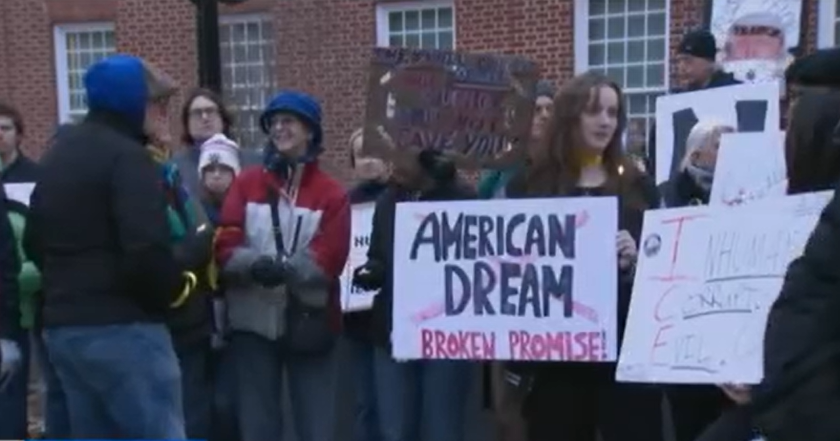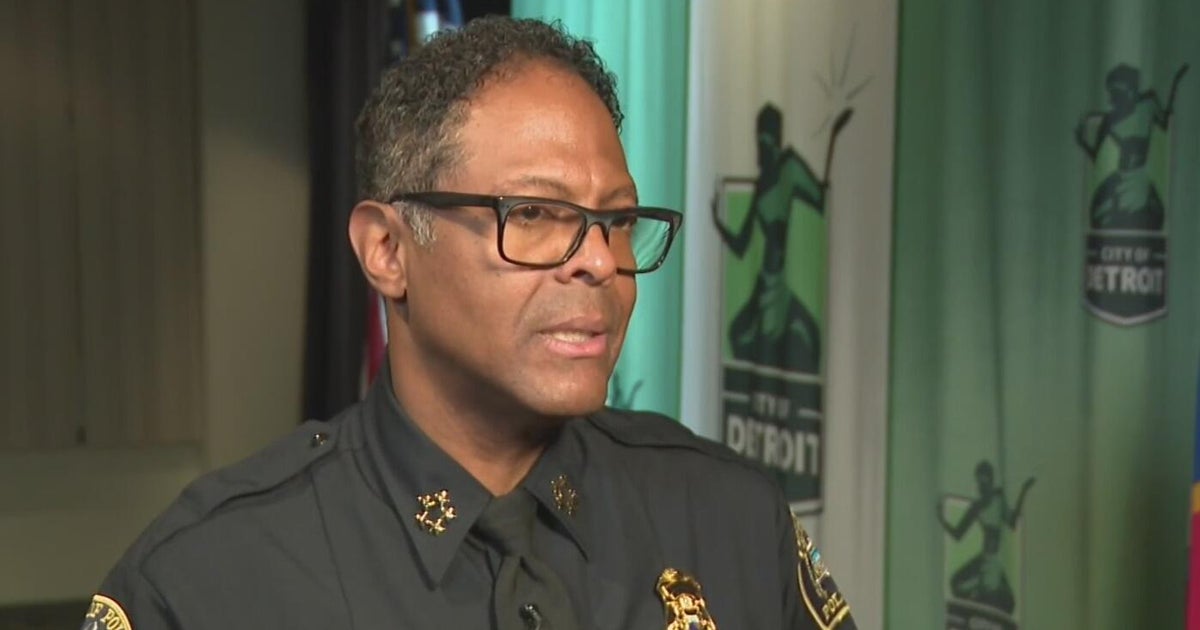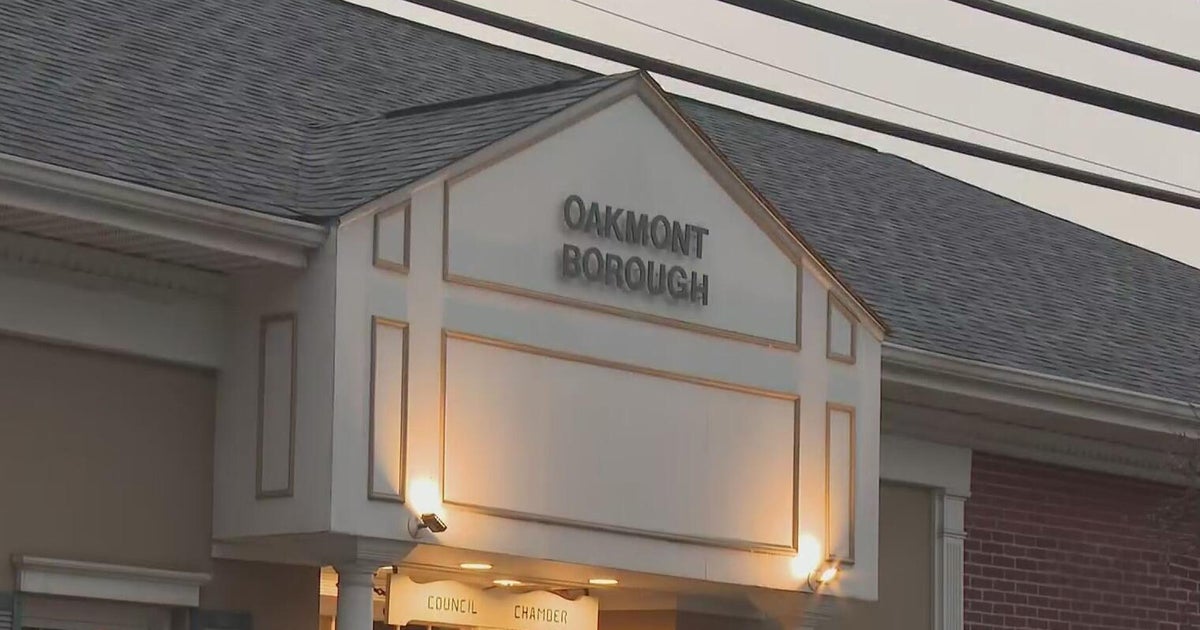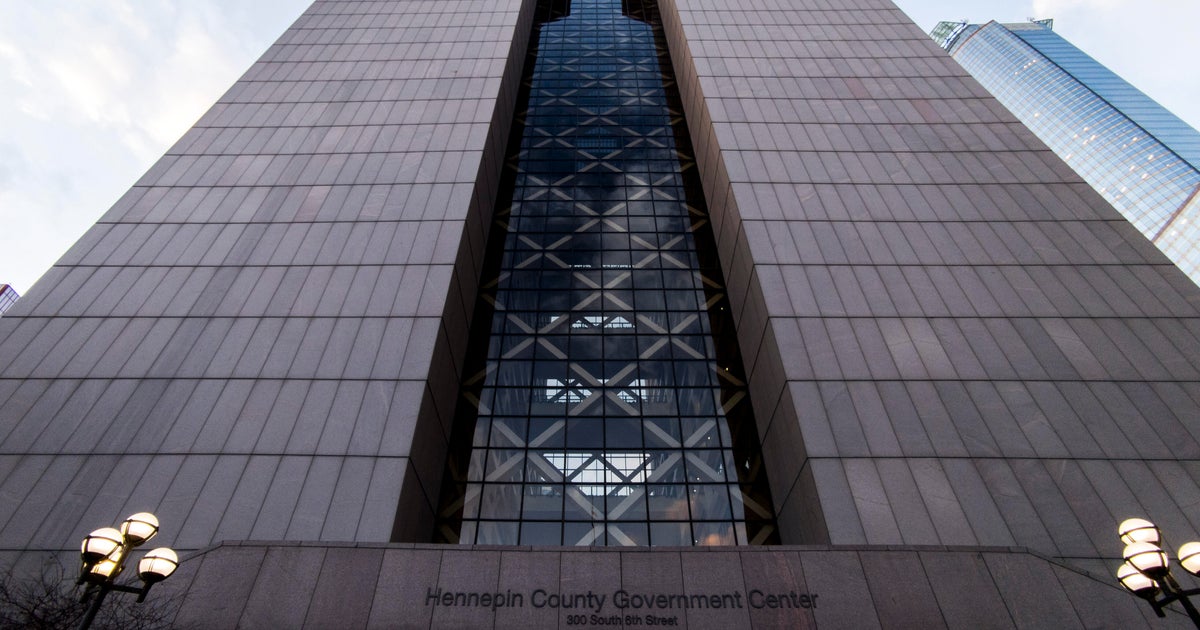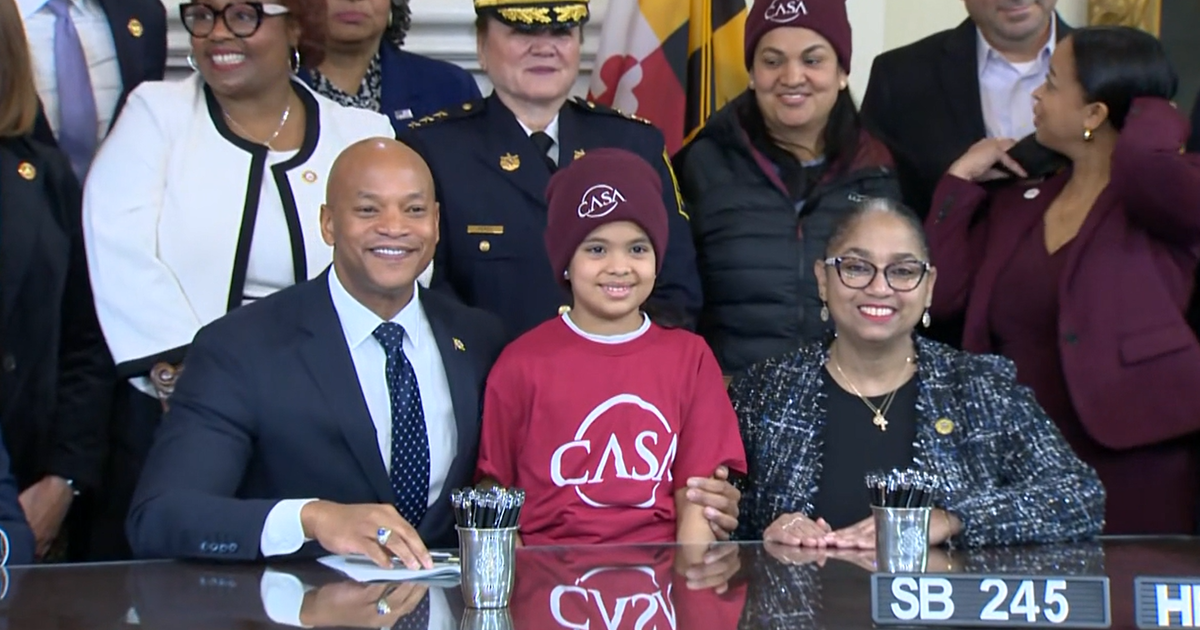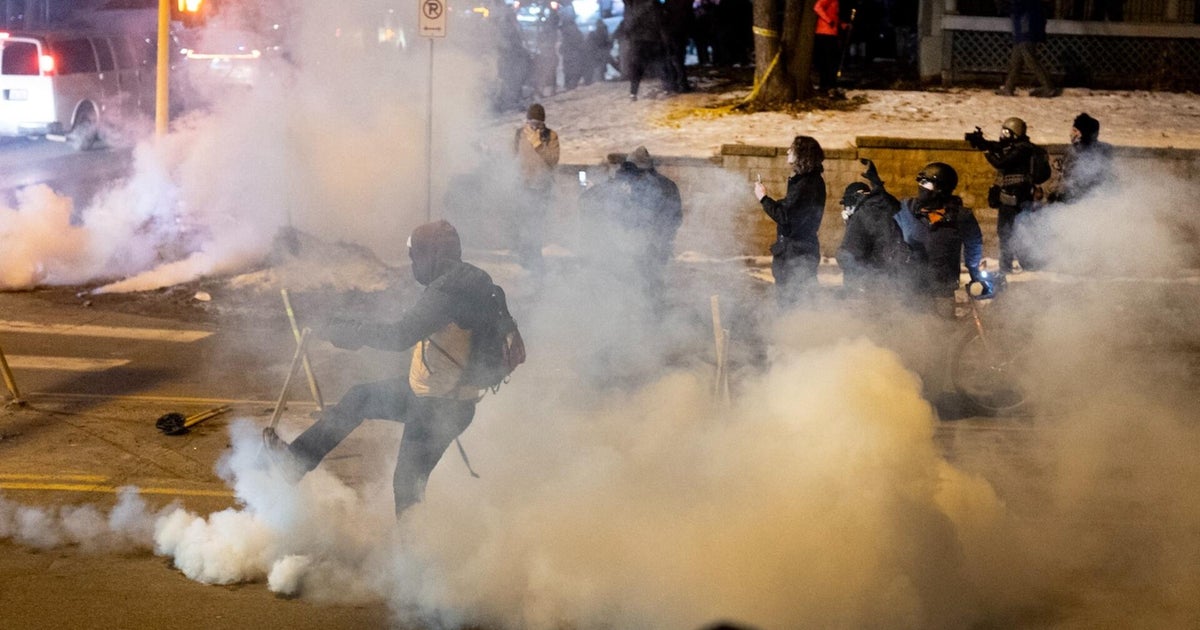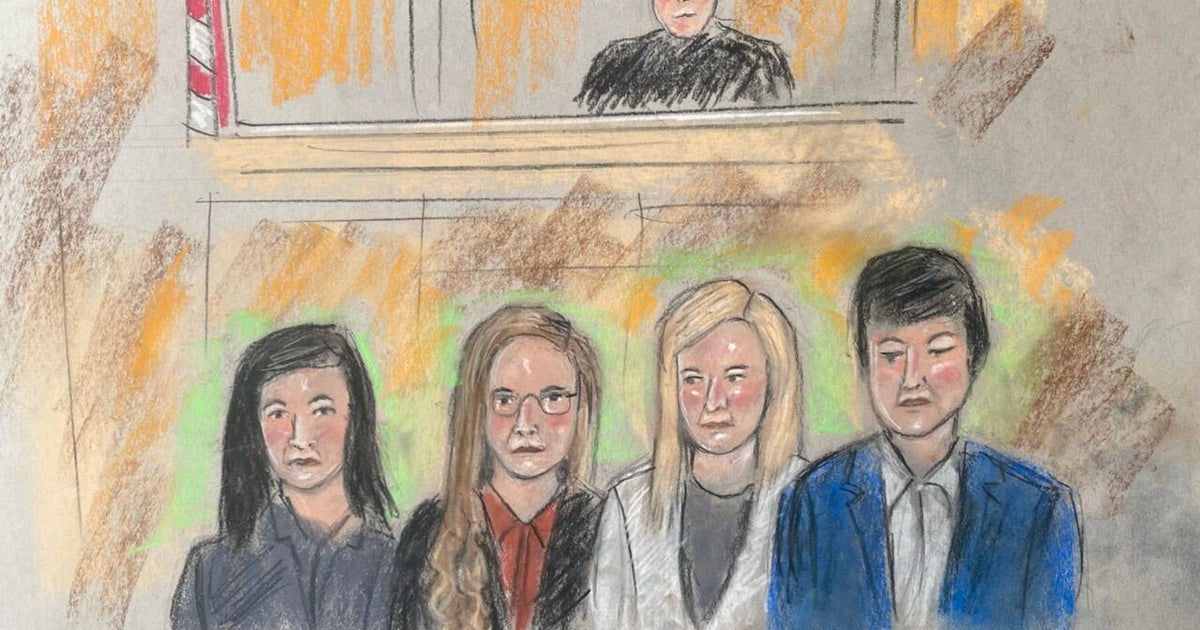Del. McDonough Challenges Baltimore Mayor's Stance On Immigration
BALTIMORE (WJZ)-- Baltimore's mayor is taking fresh criticism for her stand on immigrants coming into the city.
Alex DeMetrick reports, that criticism is coming from a familiar source.
Federal Immigration and Customs Enforcement often rely on local police to find illegal immigrants. But in Baltimore, Mayor Stephanie Rawlings-Blake's executive order forbids police from asking people about their immigration status.
"I believe her policies are counter-productive," said Del. Pat McDonough (R-Baltimore County). "I think she's harming the residents of the city with what she's advocating."
McDonough says the mayor's executive order is turning Main Street into an open road for illegal immigrants, making it easier for them to find work.
"You're bringing in illegal aliens to take those jobs, replacing Americans whether they're black or white, mostly young people," McDonough said.
"Unlike many cities and jurisdictions around the country that are unfriendly to new Americans, we're a place that wants you to know you are welcome. That you don't have to fear for your safety because of your immigration status," Rawlings-Blake said.
Businesses that cater to those immigrants spell out where they're from. Immigration status is just as varied, with legal and illegal.
But St. Patrick's Church, built by Irish immigrants, is now Hispanic. New arrivals are putting down roots.
"I'm excited being recognized for the work we're doing attracting new Americans," Rawlings-Blake said.
McDonough plans to do more than just talk about the mayor's position. He's weighing legal action.
"It's a bad policy, and quite frankly, it's unlawful. I believe she violated the federal Immigration Act," he said.
And it was McDonough who helped the petition drive challenging the Dream Act, which aids the education of children of illegal immigrants.
McDonough says he will explore the legality of the mayor's order with the same legal team that challenged the Dream Act, and placed it on the November ballot for the public to vote on.
